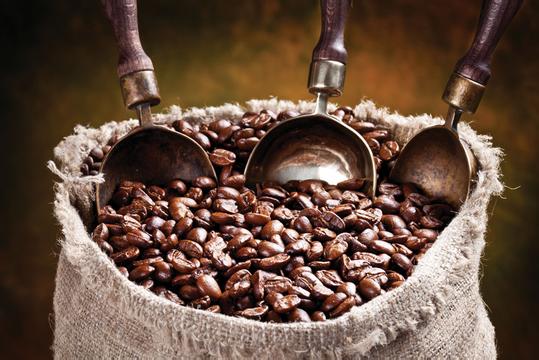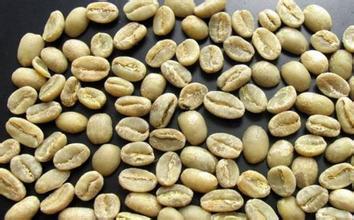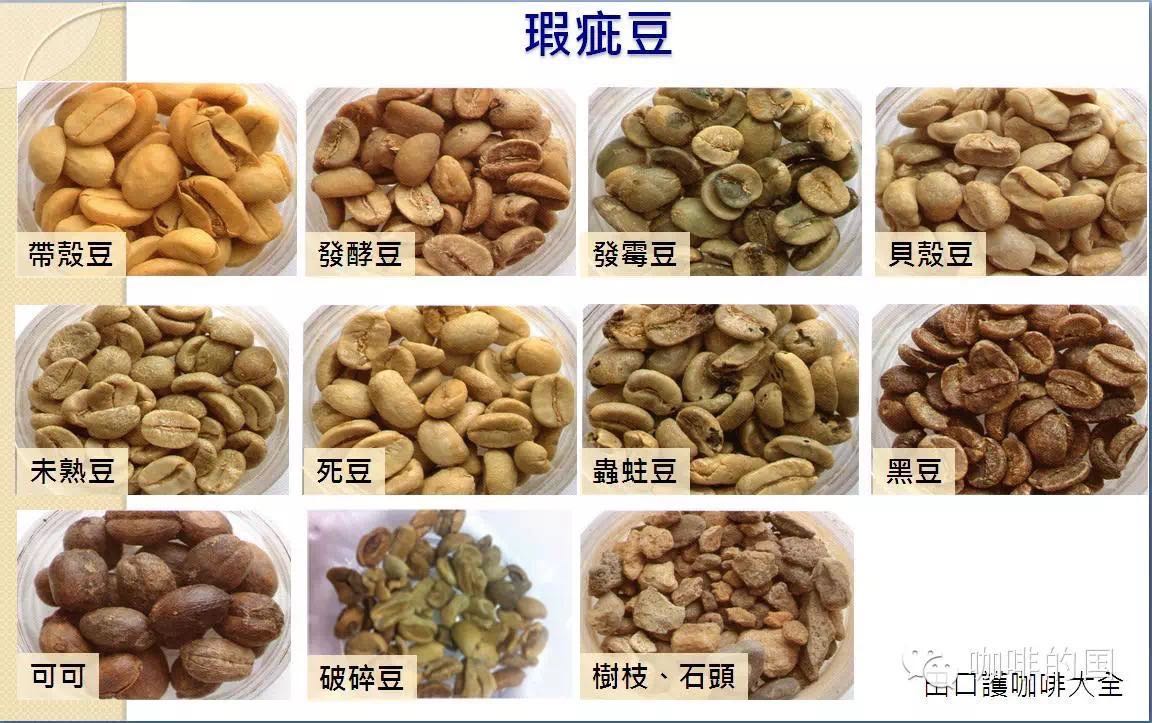Boutique coffee beans: a brief analysis of other kinds of Yemeni coffee to understand coffee producing areas
Isimarie: the Bani Ismaili', breed is called "⒛" at an altitude of 1800'2m above sea level and 0 m above sea level, which is located in the Salzi area southwest of Matari. Beans are a little more round than Matari (note that they are different from each other), but Isemary has the same flavor of Harald, Ponzi seems to be higher than Matari, and even has aromas of cardamom, tobacco and sunwood. Shallow baked fruit acid is also very domineering. In the eyes of Yemenis, Isma is on a par with Matari, but Matari is more internationally known than Isma. However, I still find Matari and Ismail not as attractive as the Sanani I drank more than a decade ago.
Salzi: 1600-2000 meters above sea level, also located in the producing area of Salzi, but below the altitude of Isimarie Highland. the variety of coffee in this area is "Shalzi". The beans are obviously larger than Isimar and Matari, but slightly lower in thickness. The sour smell of shallow baking is also domineering, but it is relatively simple and clean, not as complicated and wild as Isemary or Matari.
Damali: it is located in the Damali hills between Shalzi and the new Yafaye production area on the south coast, which is 1800 meters above sea level. The coffee here is called Al-Anisi (Anisi). The beans are less hard and milder sour than the first four producing areas, and are mostly used as formula beans.
Yemeni all use sun treatment, beans and flavor look like Ethiopia Harald, sun Yega Xuefei, but the Yemeni flavor seems to be more mysterious and unpredictable. If there is no game, some people dislike it, and some people applaud it. In fact, this is like a good friend, each other still need to maintain a little bit of mystery in order to last forever-Yemeni coffee has this flavor.
Play Yimen beans, especially deep baking, don't forget to brew after baking for 24 hours, the aroma of wine and fruit will be stronger, this is the so-called "Yemeni symptom", which is not so obvious in other producing countries. But the quality of Yemeni coffee is not as good as it used to be, and it has something to do with severe water shortages, farmers abandoning coffee and planting more profitable Carter grass. It is hoped that the coffee revitalization plan of the Yemeni agricultural authorities will reverse the decline.

Source: network
Important Notice :
前街咖啡 FrontStreet Coffee has moved to new addredd:
FrontStreet Coffee Address: 315,Donghua East Road,GuangZhou
Tel:020 38364473
- Prev

Boutique coffee beans: Arabica coffee originated in Ethiopia
Ethiopia is a coffee-producing country with many legends, numerous varieties, rich orange fragrance and many fresh things, and there is no second country in the world that can compete with it. Ethiopia's long coffee history and cultural scenery have attracted a large number of explorers, archaeologists, botanists, anthropologists and writers to Fangze. The sleeping lion of Africa suddenly woke up after the millennium and burst into bursts.
- Next

High-quality coffee beans: how to judge high-quality coffee beans from raw beans?
Discuss the shape, grinding stage, stroke time, post-stroke, taste, aroma stages, as the focus of judging whether the coffee is delicious or not, but these are all for completely roasted coffee beans. The raw beans before roasting are green, commonly known as [Green]. If the quality of raw beans is poor, no matter how hard you cook them, you will not be able to brew beautiful coffee. Raw beans are usually two months after harvest.
Related
- Guji coffee producing area of Guji, Ethiopia: Humbela, Shakiso, Wulaga
- What is the most expensive variety of Qiloso in BOP multi-variety group?
- How to store the coffee beans bought home?
- Why are Yemeni coffee beans so rare now?
- Ethiopian Sidamo all Red Fruit Sun Sun Santa Vini Coffee beans
- SOE is mostly sour? What does it mean? Is it a single bean? what's the difference between it and Italian blending?
- Is Italian coffee beans suitable for making hand-brewed coffee?
- How to choose coffee beans when making cold coffee? What kind of coffee beans are suitable for making cold coffee?
- Just entered the pit to make coffee, what kind of coffee beans should be chosen?
- Can only Japan buy real Blue Mountain Coffee? What are authentic Jamaican Blue Mountain coffee beans?

